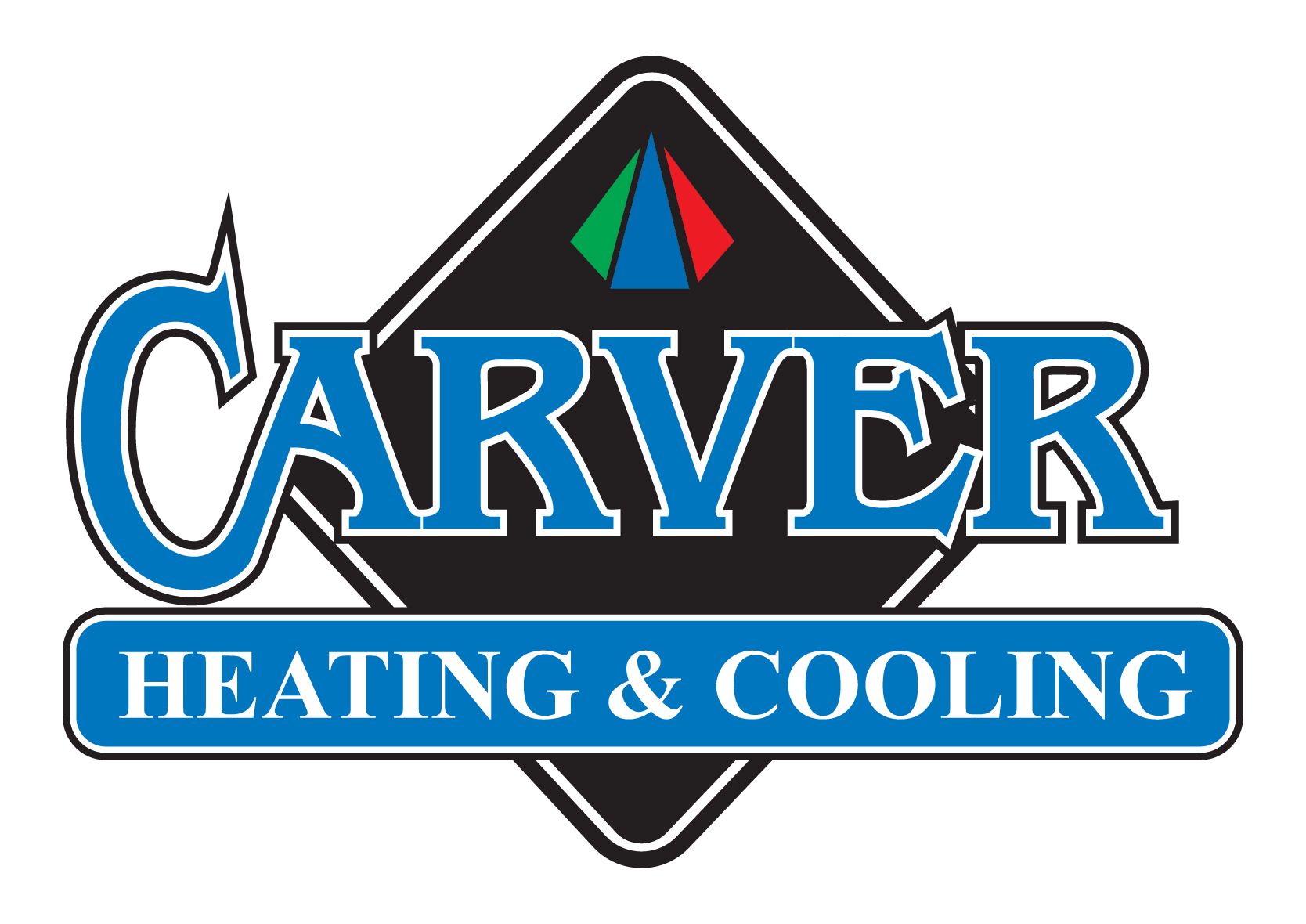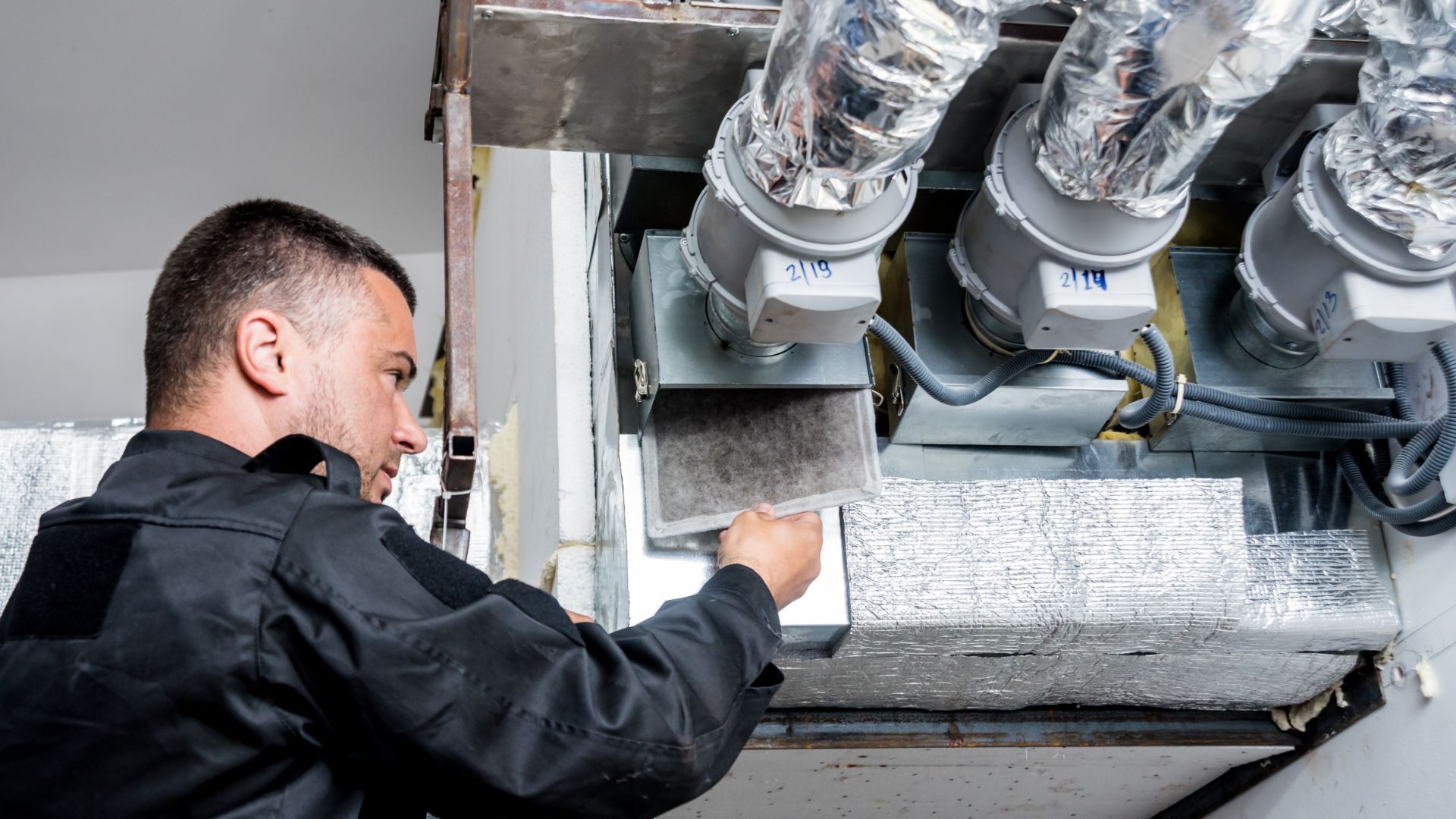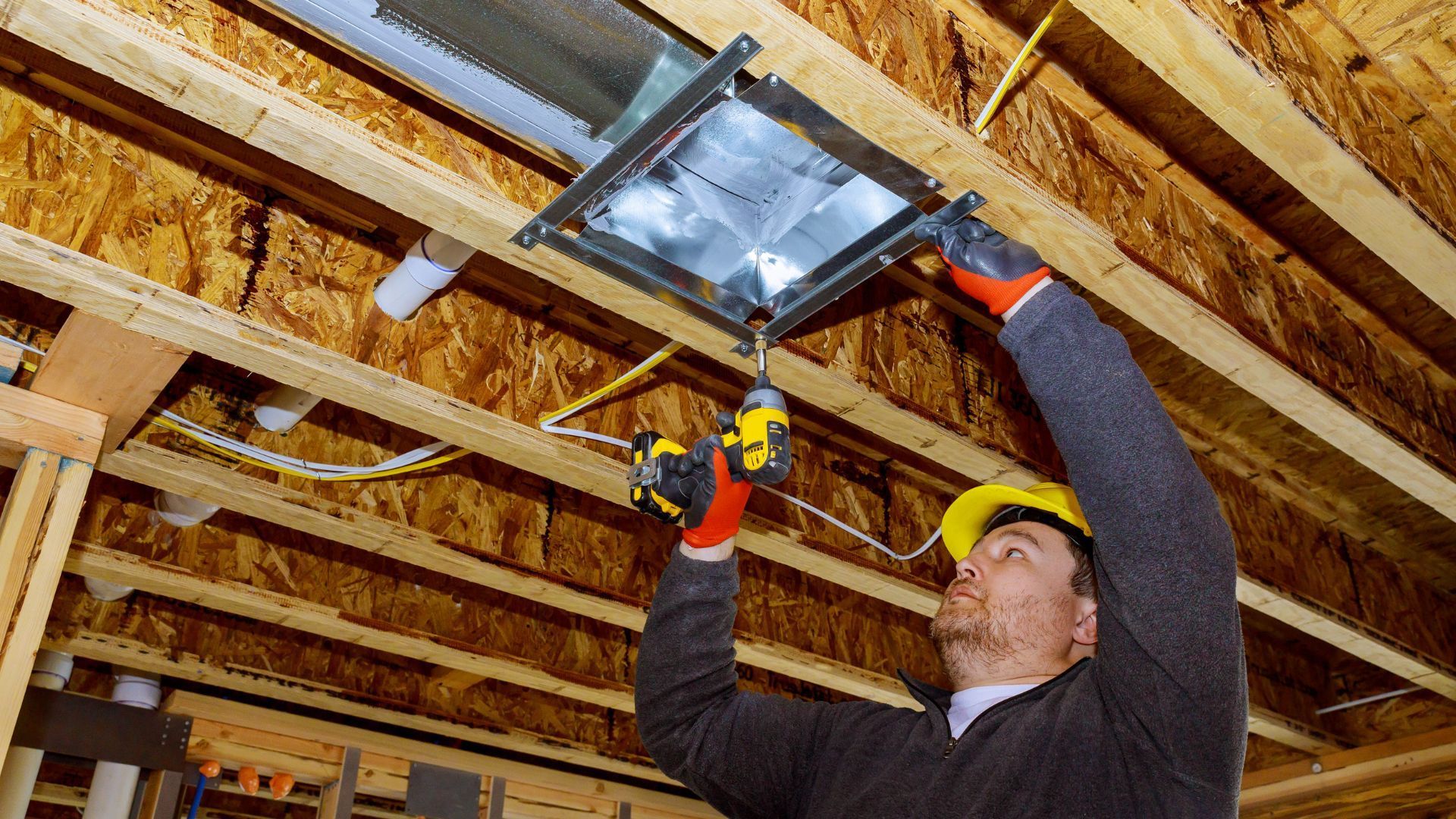Working Hours: Monday - Friday 08:00 AM - 04:30 PM
A Guide to Choosing the Right Condo Air Conditioning Unit

Air conditioning plays a crucial role in ensuring a comfortable living environment, especially in areas with hot and humid weather. However, finding the right air conditioning unit for a condo can be difficult due to its specific design and dimensions.
This guide will cover the available types of air conditioning units for condos, key factors to take into account during selection, and other important aspects to consider for air conditioning in condos.
Types Of Air Conditioning Units For Condos
- Ductless Mini-Split Systems
Ductless mini-splits are made up of an outdoor unit linked to indoor units via a small wall opening. They are pricier than window units but can cool multiple rooms and are energy-efficient and silent. Installing a ductless system in each room may be costlier compared to a single window unit installation.
- Central Air Conditioning Systems
Central air conditioning systems cool the air throughout a building via a system of ducts. They are regulated by a thermostat, allowing for easy temperature adjustments.
While central air conditioning provides even cooling for the entire condo, it comes with the drawback of needing a building-wide installation, which can be both expensive and time-intensive.
Window Air Conditioning Units
Window air conditioners are placed in a window or wall opening, making them an accessible option for condos. They are inexpensive and simple to install, which makes them a common choice. However, they can only cool one room and may be noisy and can be unattractive.
Factors To Consider
- Cost
When it comes to the cost of air conditioning units, there is a wide range to choose from and the price can vary greatly depending on the type and size. Central air conditioning systems are the priciest option, followed by ductless mini-splits and window units.
- Size And Layout Of The Condo
The air conditioning unit type and capacity depend on the size and design of the condo. A bigger condo requires a larger unit, and a condo with many windows or insufficient insulation needs a higher BTU rating.
- Energy Efficiency
Selecting an air conditioning unit with high energy efficiency is crucial as they can consume a lot of energy. The energy efficiency ratio (EER) of a unit indicates how much energy it uses to cool a specific area, with higher EER units consuming less energy.
- Noise Level
For those who are sensitive to noise or reside in a condo with thin walls, a quiet air conditioning unit is a must. Central air and ductless mini-split systems are the most silent choices.
- Maintenance And Repair Requirements
Regular maintenance and potential repairs are important factors to consider when choosing an air conditioning unit. Ensure to evaluate the maintenance and repair needs of the unit, as well as the accessibility of technicians who can perform these services.
Pros And Cons Of Different Types Of Air Conditioning Units
- Ductless Mini-Split Systems
Pros:
It can cool multiple rooms, is relatively energy efficient, and is relatively quiet.
Cons:
More expensive than window units requires installation in each room.
- Central Air Conditioning
Pros:
Even cooling can be controlled remotely, relatively quiet
Cons:
Requires installation in the entire building, it can be expensive to install and maintain
Window air conditioning units
Pros:
Relatively inexpensive and easy to install.
Cons:
Limited to cooling a single room, it can be noisy and may need to be more aesthetically pleasing.
Other Considerations For Air Conditioning In Condos
- Hoa Rules And Regulations
Before installing an air conditioning unit in your condo, it is important to review the rules and regulations set by your homeowners association (HOA). Some HOAs may have limitations on the type, location, or may require prior approval before installation of the unit.
Energy Usage And Cost
The energy consumption of air conditioning units can be substantial, so it is crucial to consider both energy usage and cost when selecting a unit. Additionally, it is important to consider any energy-saving features the unit may offer.
Environmental Impact
The energy consumption and emissions from air conditioning units can have an impact on the environment. To reduce your environmental impact, opt for an energy-efficient unit with a low carbon footprint.
Conclusion
Having a functional air conditioning system is essential for comfortable living in a condo, making the choice of unit critical. The three main options available for condos are central air, window units, and ductless mini-splits, each with its own advantages and disadvantages.
When selecting a unit, it is important to assess factors such as the size and layout of the condo, the unit's noise level, energy efficiency, cost, maintenance and repair needs, and any restrictions imposed by the homeowner's association (HOA).
By taking the time to thoroughly consider these elements, you can find the ideal air conditioning solution that meets your specific needs and provides a comfortable living environment in your condo.
Want to have one for your condo in London, Ontario? Visit us to make it happen!

INFORMATION
176 Rectory St, London, ON N5Z 2A5, Canada
Follow us on Facebook
BROWSE OUR WEBSITE
EMERGENCY SERVICE









